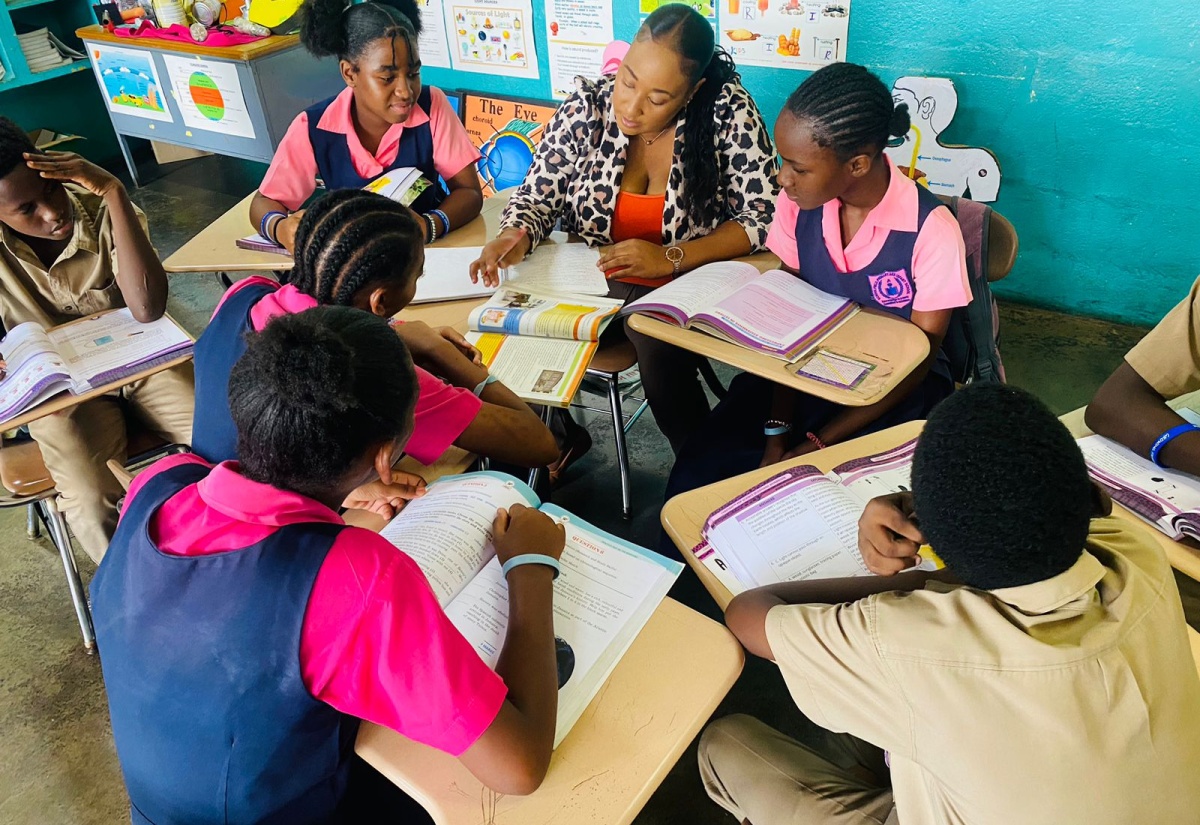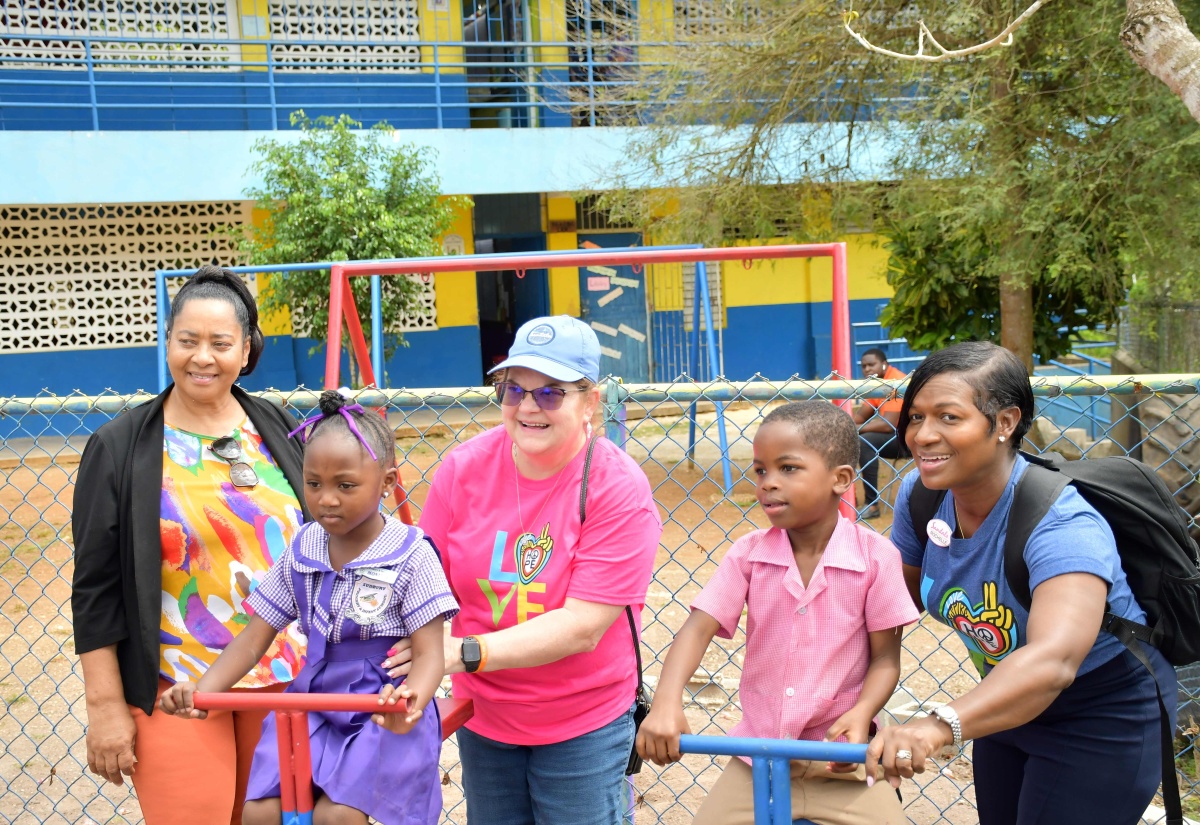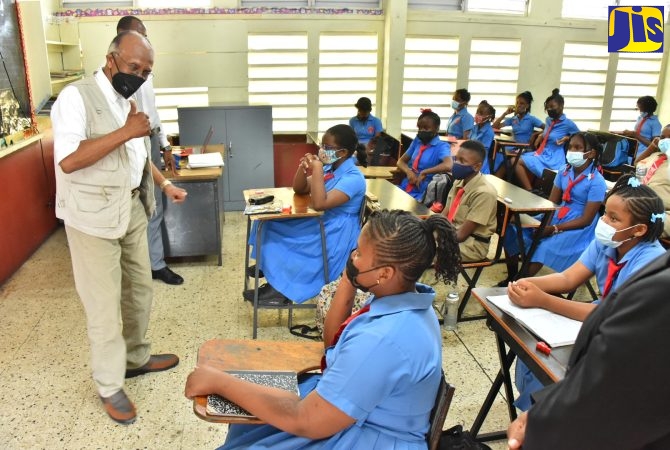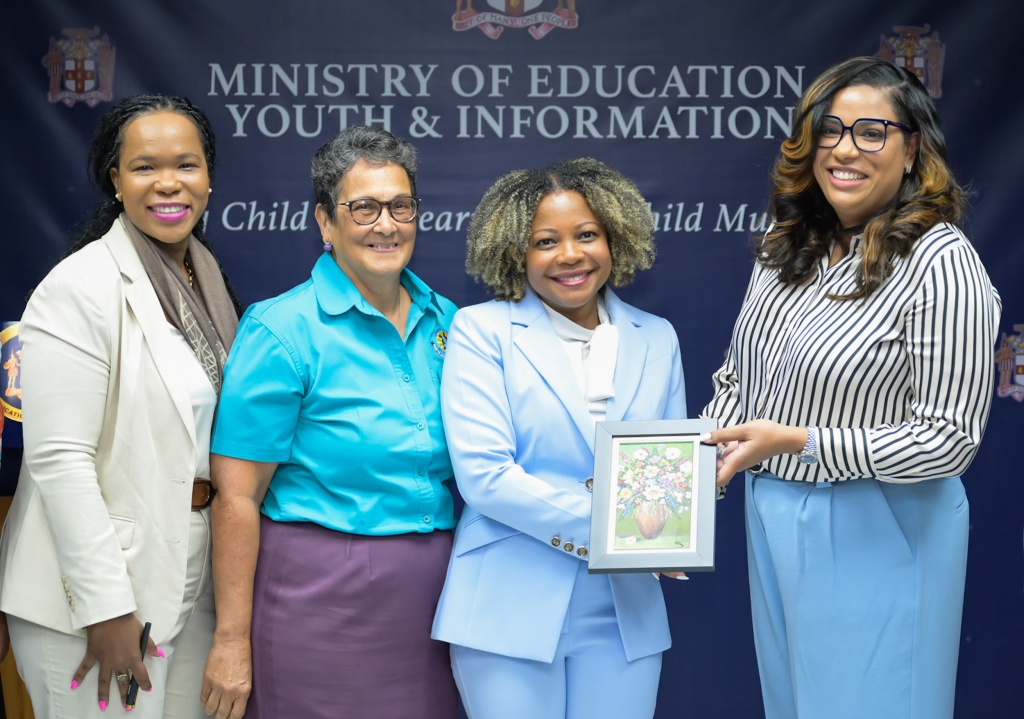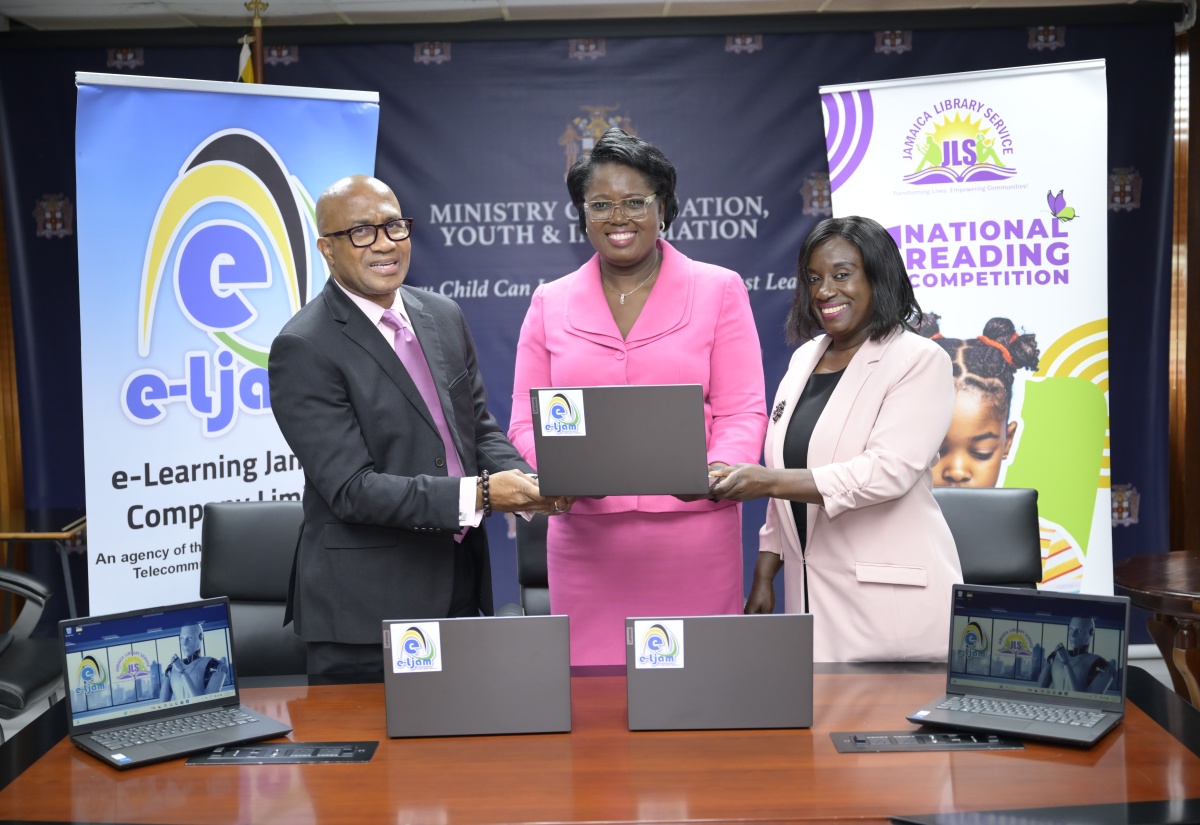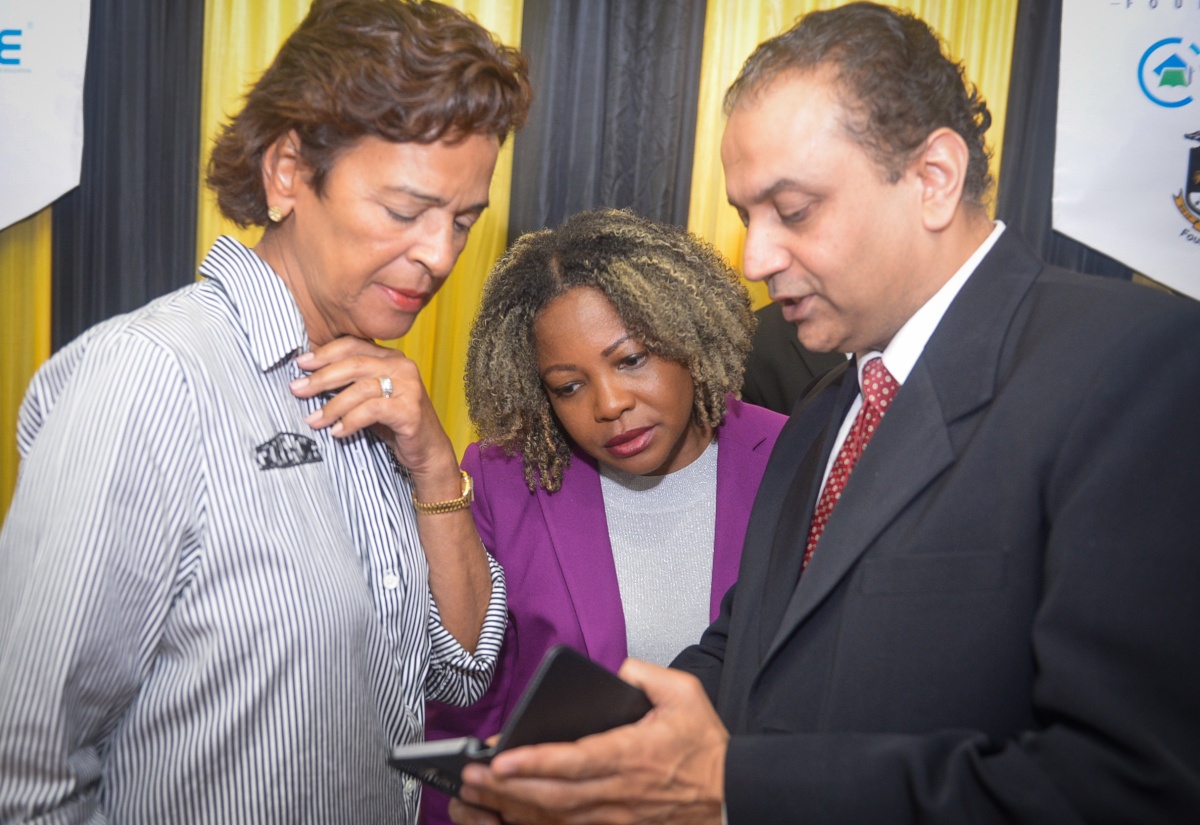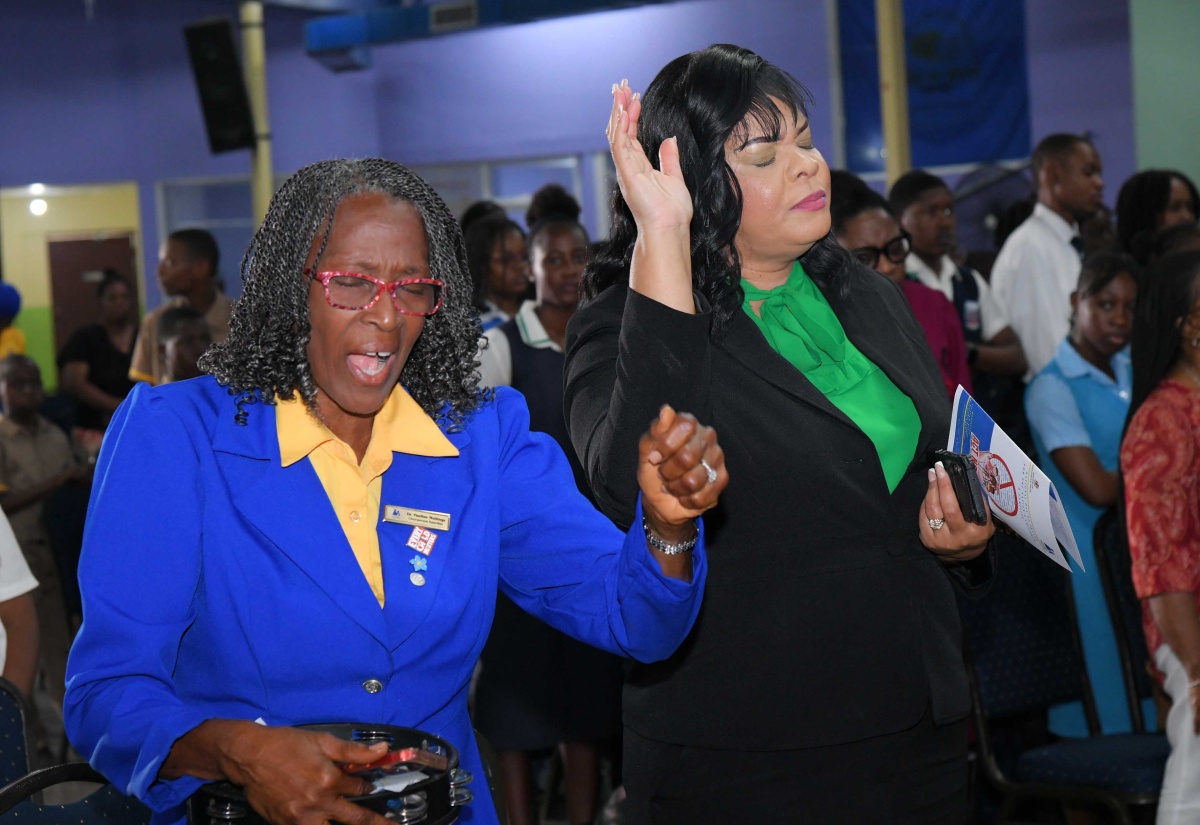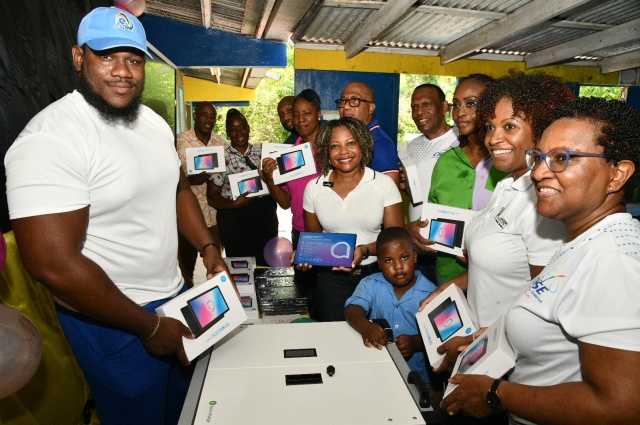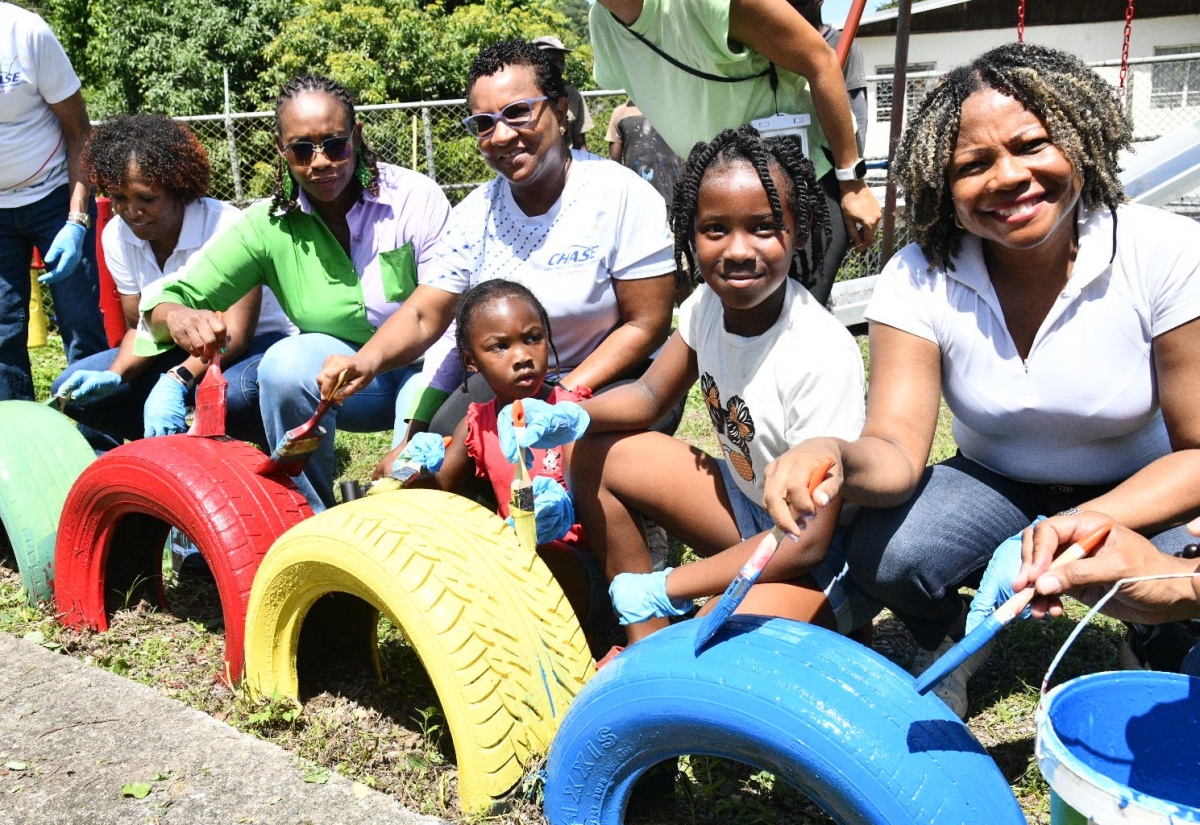Primary schools in St. Elizabeth are celebrating a wave of success following the release of the Primary Exit Profile (PEP) examination results for the 2024/25 academic year.
The grade-six students have earned placements at prestigious secondary institutions throughout the breadbasket parish and beyond, driven by exceptional performance and a determination to overcome adversity.
Principal of Schoolfield Primary and Infant School, Okeshue Bigby, told JIS News that of the 10 grade-six students who sat the PEP exams, seven earned placements in Pathway One – the highest performance category.
The remaining three students, however, were placed in Pathway Two, according to Mr. Bigby.
He noted that students earned placements at prominent institutions, including Sydney Pagon STEM Academy, Munro College, Manchester High School, Black River High, Roger Clarke High, Maggotty High, and St. Elizabeth Technical High School (STETHS).
“The students have performed very well this year, given that most of these students would have started school at grade one when the COVID-19 pandemic hit. So, a portion of their learning would have been online throughout the duration of the pandemic,” Mr. Bigby explained.
He added that, despite early disruptions, the students adapted well – benefiting from a strong support system led by the institution’s dedicated team of teachers, who helped them to “perform at a very high standard”.
The Principal indicated that the school’s improved performance over the previous year was the result of several targeted interventions.
“We recognised pretty early that reading and comprehension are a major part of the programme. So, we would focus on reading comprehension pretty early, looking at the data from internal and external assessments to treat with those deficiencies,” Mr. Bigby outlined.
The Principal expressed confidence in the students’ continued success as they transition to the secondary level.
Meanwhile, Santa Cruz Primary and Infant School has also recorded remarkable success, with students earning placements at secondary institutions across St. Elizabeth and Manchester.
These include Hampton School, Manchester High, Bishop Gibson High, STETHS, Black River High, Belair High, Maggotty High, Newell High, Lacovia High, Roger Clarke High, Sydney Pagon STEM Academy, BB Coke High, and Christiana High.
“I want to celebrate with our parents and the teachers who would have worked assiduously in helping the students to accomplish their goals at the primary level,” said Principal, Karen Smith-Whyte.
She pointed out that the school community is now eagerly anticipating the students’ continued success as they transition to their respective high schools for the 2025/26 academic year.


